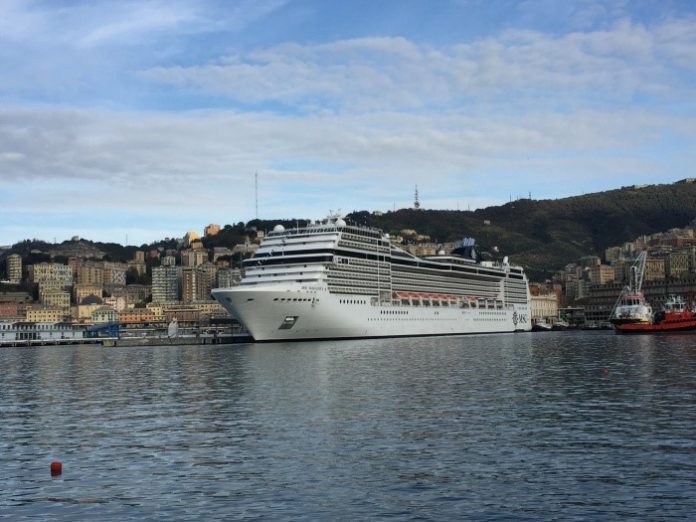More than 50,000 people have signed a petition to ban polluting cruise ships from Marseille.
The French city is one of Europe’s busiest cruise ports, attracting nearly 2 million passengers per year.
But as air pollution worsens, many locals have had enough.
In July, mayor Benoît Payan launched a petition to prohibit the most polluting ships from stopping over.
“The Mediterranean is slowly dying but the giant cruise ship lobbyists want to continue to defile it,” he tweeted last month.
“In Marseille, whether they like it or not, we will continue to fight.”
To date, more than 52,000 people have signed the petition to stop the Mediterranean from ‘suffocating.’
e ships cause air pollution?
Shipping accounts for roughly 10 per cent of air pollution in Marseille.
In 2018, a study by air quality monitoring group Atmosud revealed that emissions from cruise ships exceeded car emissions in the city.
“A ship docked for an hour in Marseille is the equivalent of 30,000 vehicles travelling at 30 km/h in Marseille, for one hour,” warns Damien Piga, a manager at Atmosud.
The impact of pollution differs depending on weather conditions.
“For maritime pollution, we mainly see a plume effect, meaning an impact that is moving and that is defined by the wind direction,” Piga explains.
“When we are in this plume of pollution, we will have very high concentrations.”
Toxic concentrations of sulfur dioxide, nitrogen oxide, and particulate matter can have insidious health consequences.
Michèle Rauzier has lived in the port area for many years – and seen the impact of the pollution first hand.
“In this neighbourhood we have healthy people in good shape – not smokers – who have died from respiratory cancers, and it’s becoming more common,” she says.
“So we are very worried.”
Will cruise ships be banned in Marseille?
Marseille is not the only city hitting back at air pollution from cruises.
In 2021, Venice banned large cruise ships from its lagoon. Earlier this year, Barcelona announced that it would levy a ‘pollution tax’ on cruise tourists.
But in Marseille, local maritime unions have concerns about the campaign to regulate the industry.
The city’s economy is heavily dependent on cruise liners, says Alain Mistre, president of the UMF (Maritime and River Union of Marseille Fos).
“Marseille is very popular – restaurant owners were telling me just a few days ago that there has been 20 per cent more business since cruise passengers and crew members came back,” he says.
“So it is really a financial godsend.”
Before the pandemic, the cruise industry contributed about €350 million per year to the local economy.
Mistre insists that ‘green’ cruise technology is making the industry more eco-friendly.
But anti-cruise collective ‘Stop Cruises’ disagrees.
“For us, the solution is to stop cruises. We think that this industry is structurally incompatible with our world,” says activist Rémy Yves.
“We can look for greenwashing and adaptation solutions, [but] in reality we are going to have mass tourism that is completely against everything, in terms of the consumption of resources.”
























